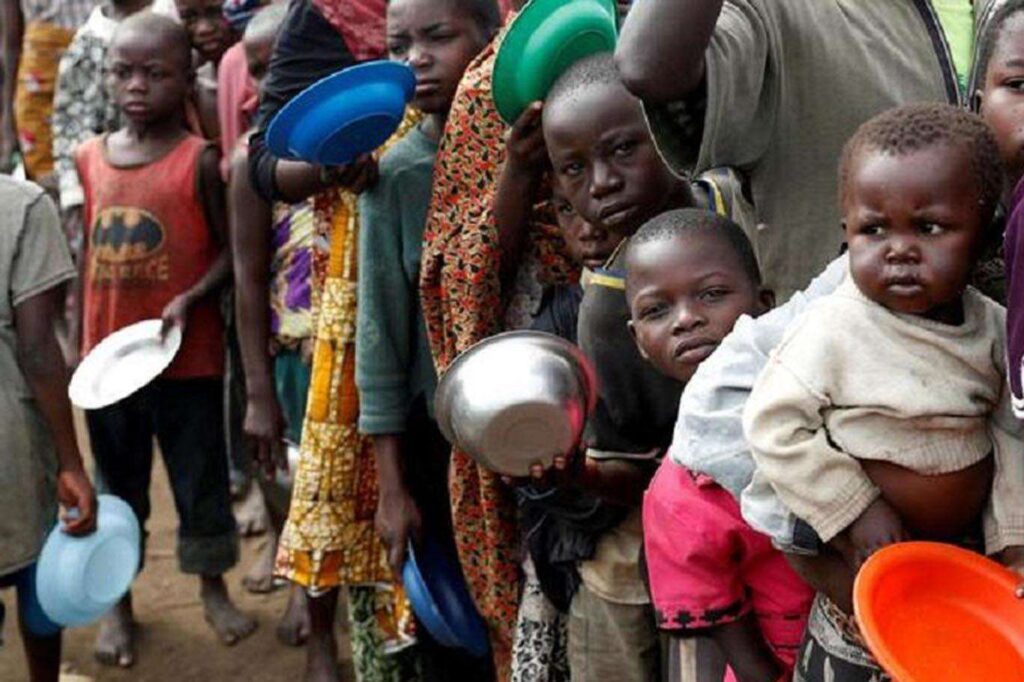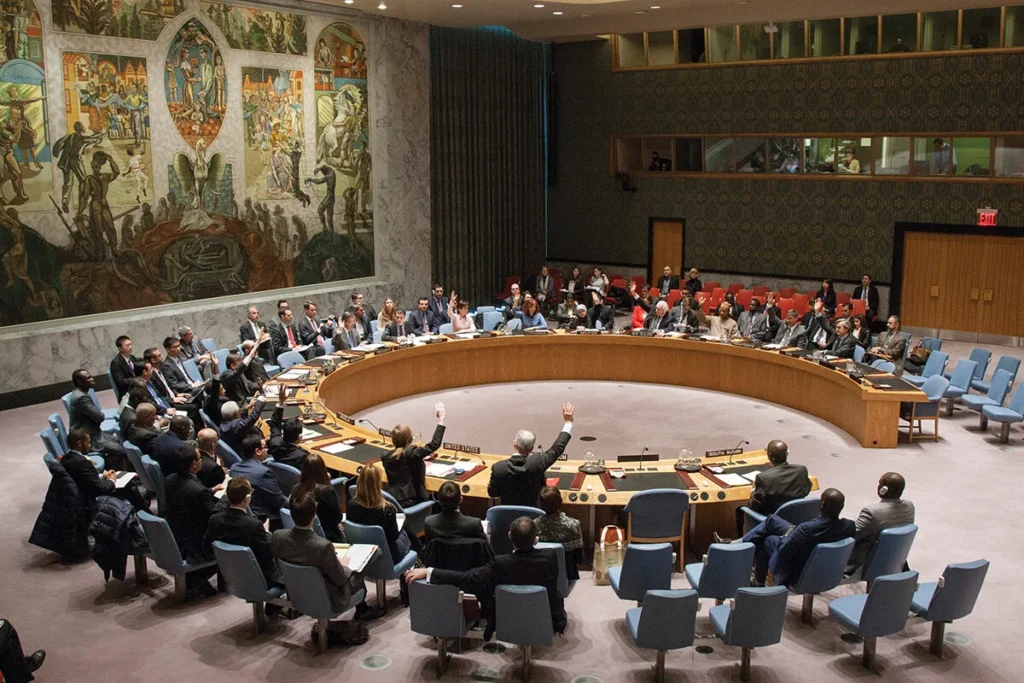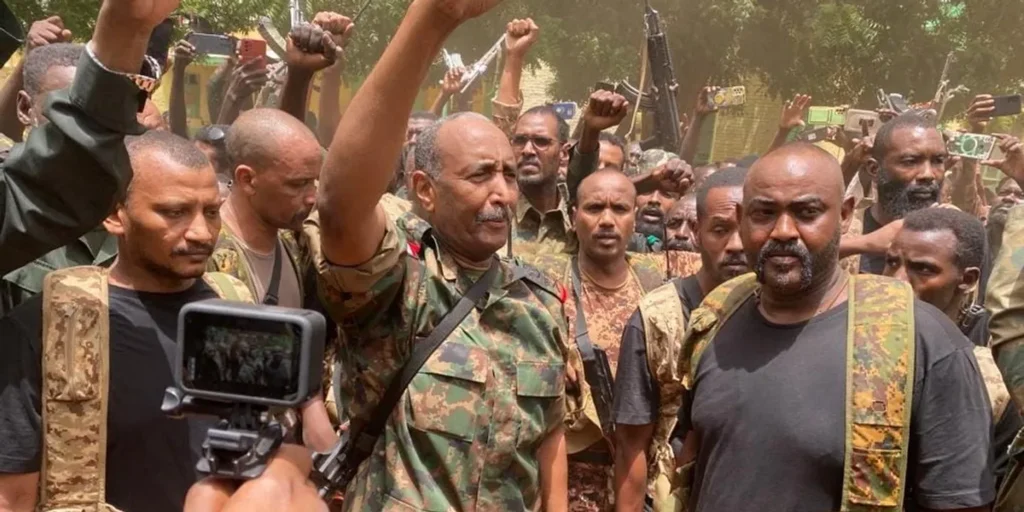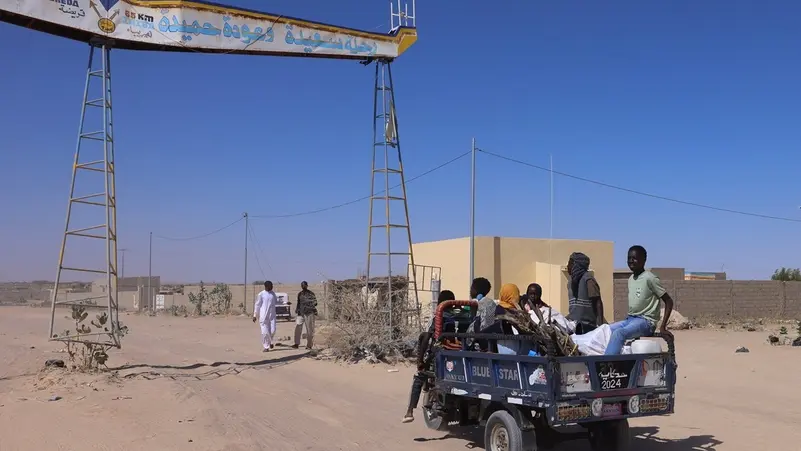
The United Nations issued a warning on Tuesday, stating that hundreds of thousands of South Sudanese refugees, escaping the brutal conflict in Sudan, are in the midst of a “hunger emergency,” with 90 percent of families experiencing multiple days without access to meals.
The conflict between the forces aligned with Sudan’s army chief, Abdel Fattah al-Burhan, and RSF chief Mohamed Hamdan Dagalo, has resulted in the return of nearly 300,000 South Sudanese refugees to their home country over the past five months, according to the United Nations’ World Food Programme (WFP).
The crisis is having a particularly severe impact on the youngest members of the population, with the WFP reporting that 20 percent of children under the age of five are suffering from malnutrition.
“We are seeing families leave one disaster for another as they flee danger in Sudan only to find despair in South Sudan,” said Mary-Ellen McGroarty, WFP’s country director in Juba.
Since the outbreak of fighting in Sudan in mid-April, an estimated 7,500 people have lost their lives, according to a conservative estimate by the Armed Conflict Location & Event Data Project.
Numerous ceasefires have proven ineffective in halting the ongoing violence, which has led to tens of thousands of people crossing Sudan’s borders and raised concerns about a humanitarian crisis spreading throughout the broader region.
The WFP stated that South Sudanese, who make up nearly all of the refugees returning to South Sudan, are coming back to a nation already grappling with unparalleled humanitarian demands.
“Those arriving today are in an even more vulnerable condition than families that fled in the early weeks of the conflict.”
The torrential rains that are hammering overcrowded camps and border crossings have further deteriorated living conditions and increased the spread of diseases, according to the WFP.
South Sudan, one of the world’s poorest nations, gained independence from Sudan in 2011 but was immediately plunged into a brutal conflict that left the young nation divided and traumatized.
Some 380,000 people lost their lives in five years of bloodshed before the civil war formally ended in 2018, marked by a ceasefire between warring leaders who still hold power today.
The nation, comprising more than 60 ethnic groups and a population of 12 million, continues to struggle with deadly violence, natural disasters, and unrelenting political conflicts.
The United Nations has consistently condemned South Sudan’s leadership for its involvement in escalating violence, suppressing political freedoms, and embezzling public funds.
Despite its vast oil reserves, four out of five South Sudanese live in “absolute poverty,” as indicated by World Bank data from 2018.




